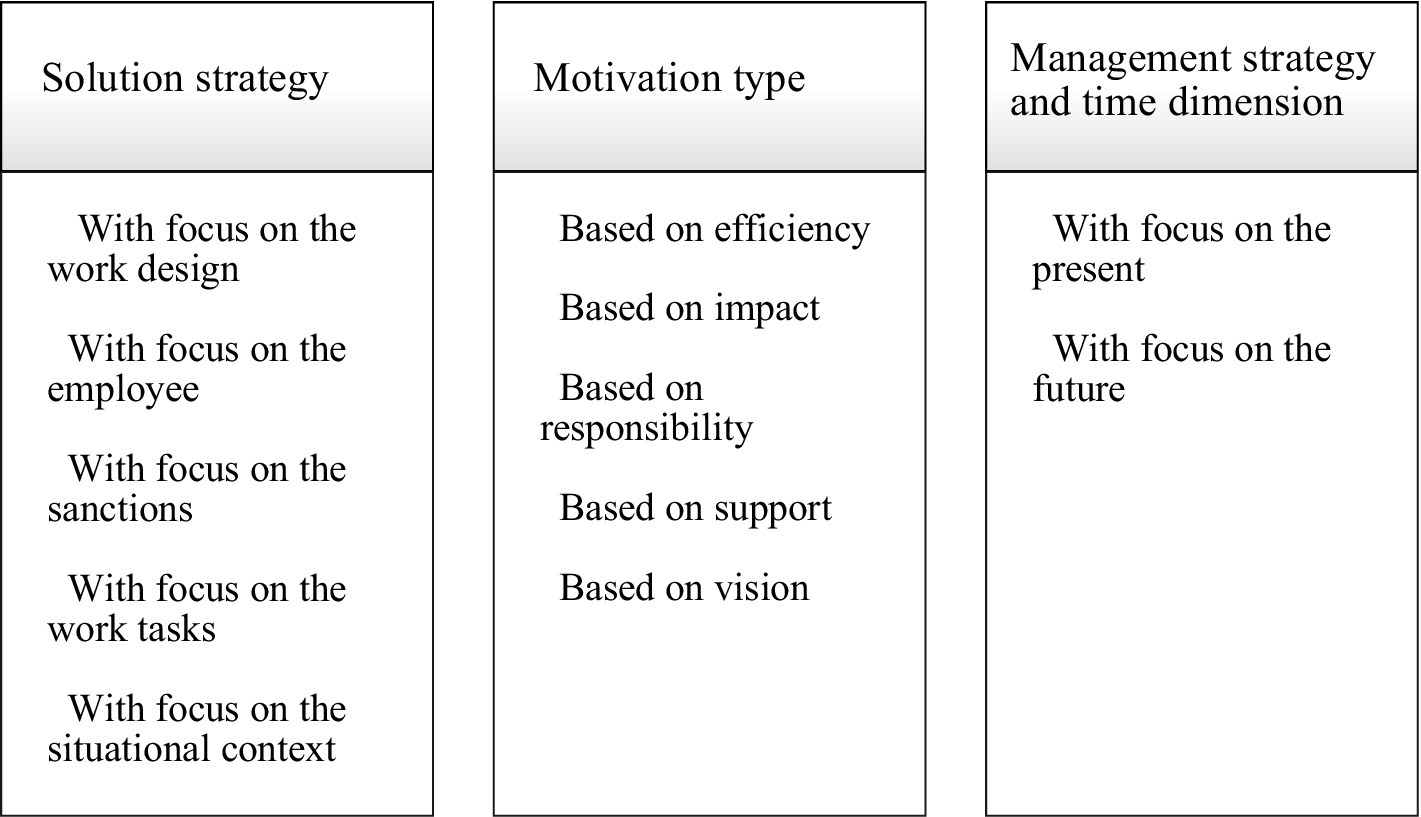Report on the Arbitrary Detention of Human Rights Defender Abdul Majid Sabra
Incident Summary
Human rights lawyer Abdul Majid Sabra was arbitrarily detained on September 25, 2025, by Huthi de facto authorities in Sana’a, Yemen. The detention is reported to be a direct result of his peaceful exercise of the right to freedom of expression, specifically social media posts commemorating the anniversary of Yemen’s 26th of September Revolution. This action represents a significant violation of fundamental human rights and undermines progress towards key Sustainable Development Goals (SDGs).
Impact on Sustainable Development Goals (SDGs)
Direct Contravention of SDG 16: Peace, Justice and Strong Institutions
The detention of Abdul Majid Sabra and the broader crackdown on civic space in northern Yemen are in direct opposition to the principles of SDG 16. The actions of the Huthi authorities erode the foundations necessary for peaceful, just, and inclusive societies.
- Target 16.10 (Protect Fundamental Freedoms): Mr. Sabra’s arrest for social media posts is a clear violation of the right to freedom of expression, a cornerstone of this target. The systematic arrest of individuals for peacefully commemorating a national anniversary further demonstrates a disregard for fundamental freedoms.
- Target 16.3 (Promote the Rule of Law and Ensure Equal Access to Justice): As a human rights lawyer, Mr. Sabra’s work directly contributes to achieving this target by defending those unjustly detained. His own arbitrary detention, without access to family or legal counsel and with his whereabouts undisclosed, is a grave breach of the rule of law.
- Target 16.A (Strengthen Relevant National Institutions): The use of state-like power to suppress dissent and detain human rights defenders weakens institutions, fosters a climate of fear, and obstructs the development of a just and accountable governance structure.
Implications for SDG 17: Partnerships for the Goals
The ongoing detention of dozens of UN and civil society staff, a pattern of which Mr. Sabra’s arrest is a part, severely compromises the ability of local and international organizations to operate. This directly impedes the partnerships essential for delivering humanitarian aid and advancing the entire 2030 Agenda for Sustainable Development in Yemen.
Case Details and Required Actions
Circumstances of Detention
Mr. Sabra was arrested at his office by armed forces who presented a warrant citing his social media activity. His mobile phone and work-related documents were confiscated. Since the arrest, the Huthi authorities have not disclosed his location, placing him in a state of enforced disappearance and at high risk of torture or other ill-treatment.
Recommendations and Demands
In alignment with international human rights law and the principles of the Sustainable Development Goals, the following immediate actions are required from the Huthi de facto authorities:
- Immediately and unconditionally release Abdul Majid Sabra and all other individuals detained solely for the peaceful exercise of their rights to freedom of expression and assembly.
- Until his release, immediately disclose Mr. Sabra’s whereabouts and ensure he is protected from all forms of torture and ill-treatment.
- Grant Mr. Sabra immediate and regular access to his family and a lawyer of his choosing.
- Cease the harassment, intimidation, and arbitrary arrest of human rights defenders, journalists, activists, and humanitarian workers, thereby creating an enabling environment for the achievement of SDG 16.
Analysis of SDGs, Targets, and Indicators
1. Which SDGs are addressed or connected to the issues highlighted in the article?
The primary Sustainable Development Goal (SDG) addressed in the article is:
-
SDG 16: Peace, Justice and Strong Institutions
This goal is central to the article, which focuses on the arbitrary detention of a human rights lawyer and others, the lack of due process, and the suppression of fundamental freedoms by the Huthi de facto authorities. The article highlights a breakdown in the rule of law and the persecution of individuals working to defend human rights, which are core concerns of SDG 16. The call for the unconditional release of detainees and the protection of human rights defenders directly relates to promoting a just, peaceful, and inclusive society.
2. What specific targets under those SDGs can be identified based on the article’s content?
Based on the issues discussed, the following specific targets under SDG 16 are relevant:
-
Target 16.3: Promote the rule of law at the national and international levels and ensure equal access to justice for all.
- The article details the “arbitrary detention” of Abdul Majid Sabra and scores of others, which is a direct violation of the rule of law. The authorities have not disclosed his whereabouts, and he has been denied access to his family and lawyers, which is a denial of access to justice. The article’s demand that the authorities “must ensure he is protected from torture and other ill-treatment and immediately grant him access to his family and lawyers” underscores the relevance of this target.
-
Target 16.10: Ensure public access to information and protect fundamental freedoms, in accordance with national legislation and international agreements.
- The article explicitly states that Abdul Majid Sabra was detained “solely for peacefully exercising his right to freedom of expression” through his social media posts. Furthermore, it describes a “wave of arrests” of people who gathered to “peacefully commemorate” a national anniversary, which is an infringement on the right to freedom of assembly. The crackdown on “human rights defenders, journalists, and activists” is a direct attack on the fundamental freedoms this target seeks to protect.
3. Are there any indicators mentioned or implied in the article that can be used to measure progress towards the identified targets?
The article provides qualitative information that directly relates to specific SDG indicators used to measure progress:
-
Indicator 16.3.2: Unsentenced detainees as a proportion of overall prison population.
- The article repeatedly uses the term “arbitrarily detained,” which implies that individuals like Abdul Majid Sabra are being held without formal charges, trial, or sentence. The call for the immediate and unconditional release of “all those who remain in arbitrary detention” points directly to the issue of unsentenced detention, which this indicator measures.
-
Indicator 16.10.1: Number of verified cases of killing, kidnapping, enforced disappearance, arbitrary detention and torture of journalists, associated media personnel, trade unionists and human rights defenders in the previous 12 months.
- The article serves as a documented account relevant to this indicator. It details the “arbitrary detention” of a named “prominent human rights defender” (Abdul Majid Sabra). It also mentions a wider crackdown in which the Huthis have arrested “humanitarian workers, human rights defenders, journalists, and activists,” and notes the “forcibly disappeared” UN and civil society staff. This information provides a direct example of the cases this indicator is designed to track.
4. Table of SDGs, Targets, and Indicators
| SDGs | Targets | Indicators |
|---|---|---|
| SDG 16: Peace, Justice and Strong Institutions | Target 16.3: Promote the rule of law at the national and international levels and ensure equal access to justice for all. | Indicator 16.3.2: Unsentenced detainees as a proportion of overall prison population. (Implied by the repeated mention of “arbitrary detention” without legal process). |
| SDG 16: Peace, Justice and Strong Institutions | Target 16.10: Ensure public access to information and protect fundamental freedoms, in accordance with national legislation and international agreements. | Indicator 16.10.1: Number of verified cases of killing, kidnapping, enforced disappearance, arbitrary detention and torture of journalists, associated media personnel, trade unionists and human rights defenders. (Directly evidenced by the detention of human rights defender Abdul Majid Sabra and others). |
Source: amnesty.org







